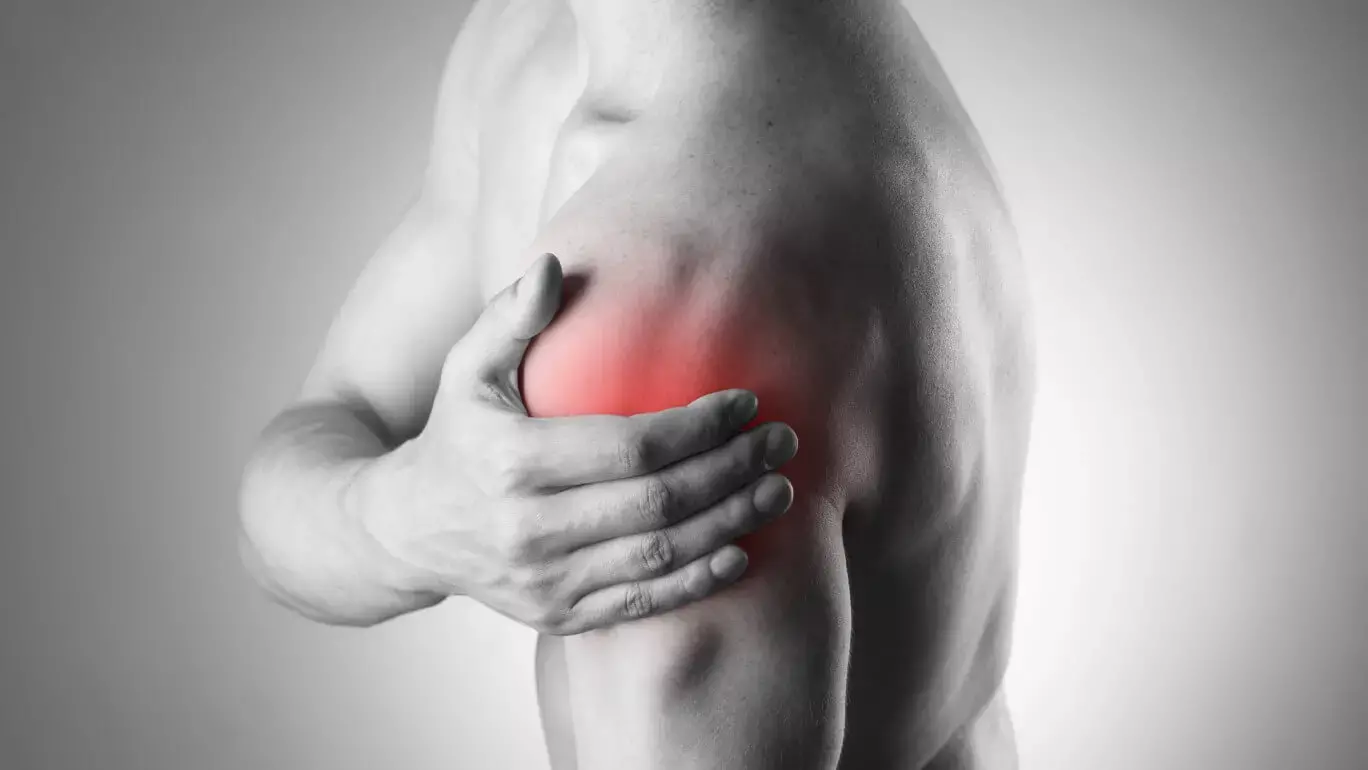- Home
- Medical news & Guidelines
- Anesthesiology
- Cardiology and CTVS
- Critical Care
- Dentistry
- Dermatology
- Diabetes and Endocrinology
- ENT
- Gastroenterology
- Medicine
- Nephrology
- Neurology
- Obstretics-Gynaecology
- Oncology
- Ophthalmology
- Orthopaedics
- Pediatrics-Neonatology
- Psychiatry
- Pulmonology
- Radiology
- Surgery
- Urology
- Laboratory Medicine
- Diet
- Nursing
- Paramedical
- Physiotherapy
- Health news
- Fact Check
- Bone Health Fact Check
- Brain Health Fact Check
- Cancer Related Fact Check
- Child Care Fact Check
- Dental and oral health fact check
- Diabetes and metabolic health fact check
- Diet and Nutrition Fact Check
- Eye and ENT Care Fact Check
- Fitness fact check
- Gut health fact check
- Heart health fact check
- Kidney health fact check
- Medical education fact check
- Men's health fact check
- Respiratory fact check
- Skin and hair care fact check
- Vaccine and Immunization fact check
- Women's health fact check
- AYUSH
- State News
- Andaman and Nicobar Islands
- Andhra Pradesh
- Arunachal Pradesh
- Assam
- Bihar
- Chandigarh
- Chattisgarh
- Dadra and Nagar Haveli
- Daman and Diu
- Delhi
- Goa
- Gujarat
- Haryana
- Himachal Pradesh
- Jammu & Kashmir
- Jharkhand
- Karnataka
- Kerala
- Ladakh
- Lakshadweep
- Madhya Pradesh
- Maharashtra
- Manipur
- Meghalaya
- Mizoram
- Nagaland
- Odisha
- Puducherry
- Punjab
- Rajasthan
- Sikkim
- Tamil Nadu
- Telangana
- Tripura
- Uttar Pradesh
- Uttrakhand
- West Bengal
- Medical Education
- Industry
Both general and somatic pain independently associated with suicidal behavior

Researchers have found in a new study that Both general and somatic pain were independently associated with suicidal behavior. Therefore along with addressing chronic pain conditions, measuring pain comorbidity can improve suicidal behavior.
The population-based Swedish twin study has been published in the recent edition of BMC Medicine Journal.
The study used data from 17,148 twins and linked it with 10 years of longitudinal, nationwide records of suicidal behavior from health and mortality registers through 2016. To investigate whether pain comorbidity versus specific pain conditions were more important for later suicidal behavior, the team led by Chen modeled a general factor of pain and two independent specific pain factors (measuring pain-related somatic symptoms and neck-shoulder pain, respectively) based on 9 self-reported chronic pain conditions. The study also used a co-twin control model to examine whether the pain-suicidal behavior associations were attributable to familial confounding.
The key findings of the study were:
Individuals scoring one standard deviation above the mean on the general pain factor had a 51% higher risk of experiencing suicidal behavior (odds ratio (OR), 1.51; 95% confidence interval (CI), 1.34–1.72).
The specific factor of somatic pain was also associated with increased risk for suicidal behavior (OR, 1.80; 95% CI, 1.45–2.22]). However, after adjustment for familial confounding, the associations were greatly attenuated and not statistically significant within monozygotic twin pairs (general pain factor OR, 0.89; 95% CI, 0.59–1.33; somatic pain factor OR, 1.02; 95% CI, 0.49–2.11).
The results of the study suggests that clinicians might benefit from measuring not only specific types of pain, but also pain comorbidity. However, treating pain might not necessarily reduce future suicidal behavior, as the associations appeared to be attributable to familial confounding.
Source:
Chen, C., Pettersson, E., Summit, A. G., Boersma, K., Chang, Z., Kuja-Halkola, R., Lichtenstein, P., & Quinn, P. D. (2023). Chronic pain conditions and risk of suicidal behavior: a 10-year longitudinal co-twin control study. In BMC Medicine (Vol. 21, Issue 1). Springer Science and Business Media LLC. https://doi.org/10.1186/s12916-022-02703-8
Neuroscience Masters graduate
Jacinthlyn Sylvia, a Neuroscience Master's graduate from Chennai has worked extensively in deciphering the neurobiology of cognition and motor control in aging. She also has spread-out exposure to Neurosurgery from her Bachelor’s. She is currently involved in active Neuro-Oncology research. She is an upcoming neuroscientist with a fiery passion for writing. Her news cover at Medical Dialogues feature recent discoveries and updates from the healthcare and biomedical research fields. She can be reached at editorial@medicaldialogues.in
Dr Kamal Kant Kohli-MBBS, DTCD- a chest specialist with more than 30 years of practice and a flair for writing clinical articles, Dr Kamal Kant Kohli joined Medical Dialogues as a Chief Editor of Medical News. Besides writing articles, as an editor, he proofreads and verifies all the medical content published on Medical Dialogues including those coming from journals, studies,medical conferences,guidelines etc. Email: drkohli@medicaldialogues.in. Contact no. 011-43720751


